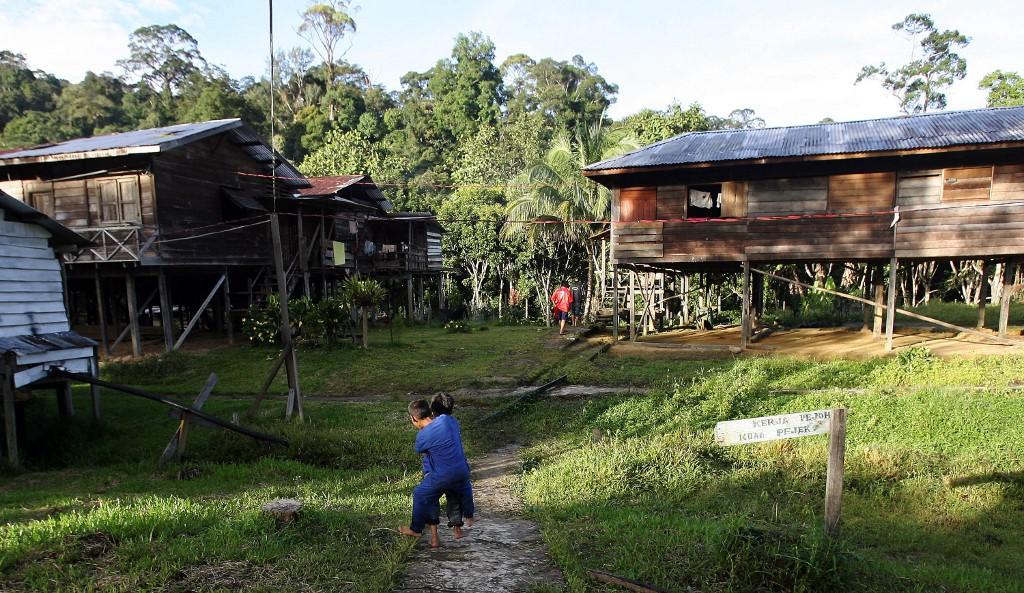Long break sees Sarawak village youths drifting away from school
Many spend long hours on their parents' farms, working on the land and growing more distant from their classes.
Just In
Three days a week, every week, Sahli works on his father’s sago farm, chopping down trees and hauling the logs from the plantation to the roadside for collection.
He joins the crowd of villagers from Kampung Senau in Oya who head to their farms early in the morning to prune the trees and cut down those marked for this purpose.
Once the logs have been hauled to the road, Sahli waits for the middleman who comes with his lorry to transport them to the sago mills.
It’s hard work for the 15-year-old boy, but by now he is used to it.
This has been his routine for most days since schools in the area were closed due to the Covid-19 pandemic early last year.
His school, like many others, shifted from the physical to the digital classroom in an attempt to keep lessons going for students.
His parents managed to scrape together enough to buy him a mobile phone so that he could continue attending his classes.
Still, his education has been suffering and he has been spending more and more time on the land.
Sago farming is a way of life for the Melanau who live in the central part of Sarawak’s coastal villages. Their livelihoods depend on the sago palm trees that grow in abundance in the swampy land along the banks of the Batang Oya river.
Sahli, like many other Melanau youths in the area, has been working on the farm since he was a boy, participating in tasks that have been passed down in his family through many generations.
Speaking to MalaysiaNow, Sahli’s mother, Jemaah, said she and her husband do their best to ensure that their children get a good education despite having to work on the farm.
But this is not an easy task, and the pandemic which caused most of the economic and social sector to shut down for long periods throughout the past two years has made it harder.
“For small farmers like us, we have to be careful with our spending because Covid-19 requires us to buy things like hand sanitiser and face masks for daily use,” Jemaah said.
“I just have to make sure my children go back to school,” she added.
This, to her, is crucial. While her son has a phone, he still struggles to follow his classes online.
Those who can afford it have turned to private lessons throughout the various lockdowns. But for low-income families like Sahli’s which depend on daily wages, just covering the cost of internet bills puts a huge strain on household expenses.
Weekends and public holidays see teenagers still attending school going out to help their parents on the farm and taking up odd jobs at oil palm plantations to earn a little extra on the side.
The longer schools stayed closed during the pandemic, the more time Sahli and his peers spent doing such work.
Jemaah is worried that even with schools reopening, her children may be losing the drive to learn.
“Even when Sahli is at home, he cannot access the internet because we can’t afford to pay for extra data connection,” she said.
And if, by some chance, her children manage to catch one of their classes, they rarely understand what they are being told to study.
“It’s useless,” Jemaah said. “Sahli often tells me that he feels exhausted.”
Her biggest desire is to help her children understand what they are studying. But this, too, is an impossible dream as both she and her husband are illiterate.
Yet this does not stop her from building this particular castle in the sky.
“I wish I could help teach my children,” she said.
Subscribe to our newsletter
To be updated with all the latest news and analyses daily.
